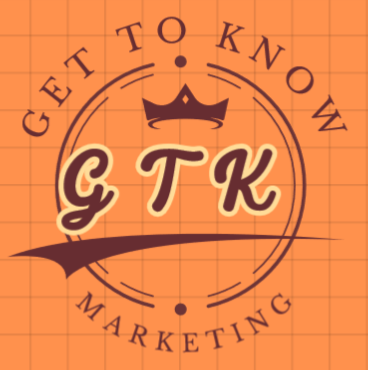As businesses strive to stay competitive in an ever-evolving landscape, the concept of Augmented AI (Artificial Intelligence) has emerged as a powerful tool that blends human intelligence with machine learning. Unlike traditional AI, which operates autonomously, Augmented AI is designed to enhance human decision-making and productivity, creating a collaborative environment where humans and machines work together to achieve better outcomes. This post explores the benefits of Augmented AI, with examples of how it’s being applied across various industries and the companies leading this transformation.
What is Augmented AI?
Augmented AI refers to systems that assist human decision-making rather than replacing it. These AI systems are designed to work in tandem with human intelligence, providing insights, recommendations, and automation that enhance human capabilities. By leveraging the strengths of both humans and machines, Augmented AI can significantly improve the efficiency, accuracy, and creativity of tasks across various domains.
Benefits of Augmented AI
- Enhanced Decision-Making: Augmented AI systems can analyze vast amounts of data and provide insights that help humans make informed decisions. For example, in financial services, AI can sift through market data to identify trends and recommend investment strategies, allowing financial advisors to make more accurate and timely decisions.
- Increased Efficiency: By automating repetitive tasks, Augmented AI allows humans to focus on more complex and creative aspects of their work. This not only boosts productivity but also leads to higher job satisfaction. In healthcare, AI-powered tools can handle administrative tasks like scheduling and billing, freeing up time for medical professionals to focus on patient care.
- Improved Accuracy: AI systems excel at processing and analyzing data with a level of precision that humans cannot match. In manufacturing, Augmented AI can detect defects in products or machinery before they become significant issues, reducing downtime and improving quality control.
- Scalability: Augmented AI allows businesses to scale their operations by automating processes and making data-driven decisions faster. For instance, in customer service, AI chatbots can handle a high volume of inquiries, providing instant support while human agents focus on more complex cases.
- Personalization: AI can analyze individual preferences and behaviors to deliver personalized experiences. In marketing, AI-driven platforms can create targeted campaigns based on consumer data, leading to higher engagement and conversion rates.
Examples of Augmented AI in Action
- Salesforce Einstein: Salesforce’s AI-powered platform, Einstein, is an excellent example of Augmented AI. It provides sales and marketing teams with predictive analytics, helping them understand customer behavior and anticipate needs. Einstein analyzes customer data, identifies patterns, and recommends actions, enabling teams to make smarter, data-driven decisions.
- IBM Watson: IBM Watson is another leader in Augmented AI, offering solutions across various industries, including healthcare, finance, and retail. Watson assists medical professionals by analyzing patient data and providing diagnostic recommendations, significantly improving the accuracy and speed of treatment decisions.
- UiPath: UiPath focuses on robotic process automation (RPA) combined with AI, enabling businesses to automate repetitive tasks. Their AI-driven platform can handle complex workflows, such as invoice processing or customer onboarding, while humans oversee and intervene in more nuanced situations.
- Cogito: Cogito leverages Augmented AI to enhance customer service interactions. Their real-time voice analysis tool assists call center agents by providing behavioral insights and recommendations during calls. This leads to improved customer satisfaction and more effective communication.
- C3.ai: C3.ai provides AI software that enhances various business functions, from supply chain management to predictive maintenance. Their AI-driven applications help businesses optimize operations by predicting potential issues and recommending preventive measures.
The Future of Augmented AI
As Augmented AI continues to evolve, it will become an integral part of business operations across all sectors. The key to success lies in finding the right balance between human intelligence and AI capabilities. By embracing this collaborative approach, businesses can unlock new levels of efficiency, creativity, and innovation.
In conclusion, Augmented AI represents the future of intelligent systems, where human and machine collaboration leads to better outcomes. Companies like Salesforce, IBM, UiPath, Cogito, and C3.ai are at the forefront of this revolution, offering tools and platforms that empower businesses to harness the full potential of Augmented AI. As more industries adopt these technologies, the benefits will become increasingly apparent, driving growth and success in the digital age.
